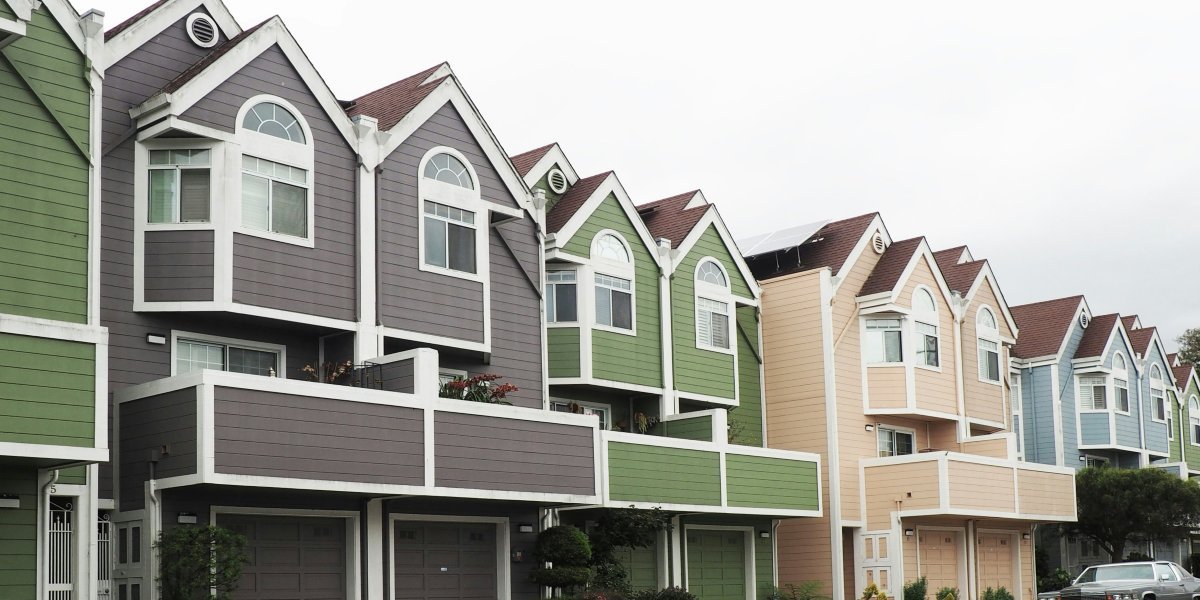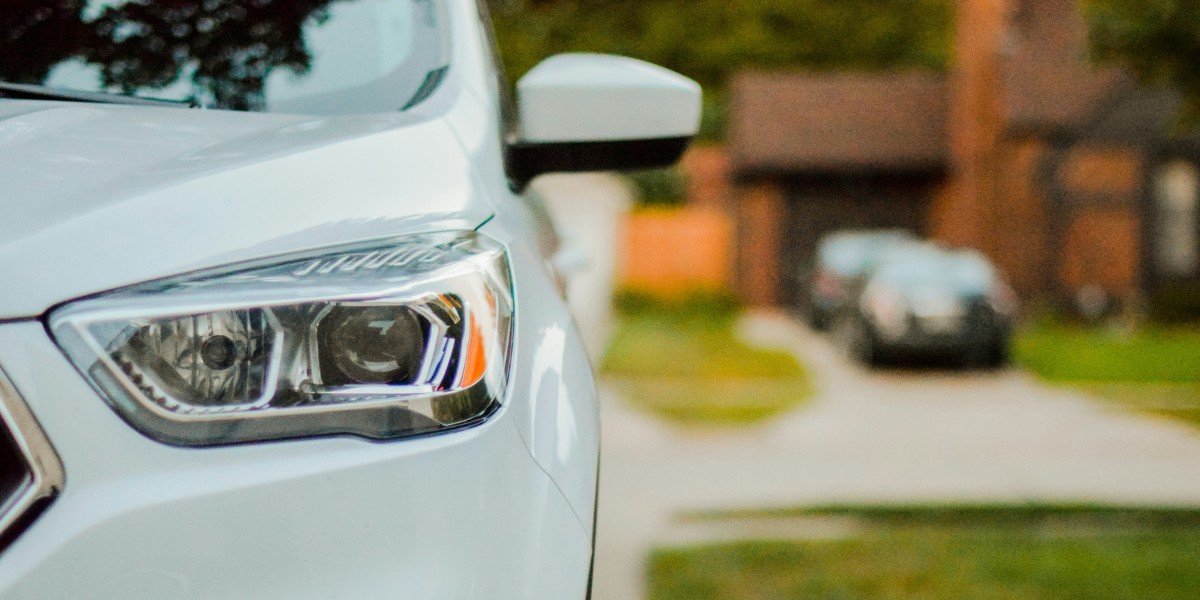The dual income, no kids (DINK) lifestyle has become an increasingly popular choice for many couples. For those who choose not to have children, the combination of two incomes and the absence of parenting responsibilities offers various freedoms and opportunities. But does this lifestyle lead to greater happiness? While the DINK lifestyle can provide certain benefits, the overall impact on happiness varies depending on individual preferences, goals, and circumstances.
Read also: Achieving Lifestyle Goals Through Smart Meal Prep
How Does the DINK Lifestyle Offer Greater Financial Flexibility?
One of the primary reasons many couples are drawn to the DINK lifestyle is the financial flexibility it provides. With no children to support, couples often have more disposable income. Without the costs of childcare, education, or other child-related expenses, a dual-income household can afford more leisure activities, travel, and personal indulgences. This additional financial freedom can lead to a comfortable lifestyle where a couple has the ability to invest in experiences they may otherwise find difficult to afford.
In addition to daily expenses, DINK households may have more opportunities to save for long-term goals, such as retirement or buying property. However, financial flexibility does not always guarantee happiness, as the benefits of increased disposable income depend on how it is used and what individuals prioritize in their lives.
Does Having More Free Time Contribute to a Better Quality of Life?
With fewer obligations tied to raising children, DINK couples often find that they have more free time to spend on personal interests and activities. This free time can be used for travel, pursuing hobbies, or simply enjoying downtime, which can contribute to a higher quality of life for some individuals. Additionally, without the time-consuming nature of child-rearing, there may be more room to focus on career development, self-care, or relationships.
This additional free time can be valuable for those who value flexibility in their schedules. However, it is important to note that having more free time does not automatically equate to happiness. Some may find that after some time, a sense of emptiness or longing for a different type of fulfillment can arise, especially if the free time leads to a sense of isolation or a lack of long-term purpose.
How Does the DINK Lifestyle Impact Relationships?
The DINK lifestyle offers couples the opportunity to focus more on their relationship. Without the responsibilities of raising children, couples may have more time to engage in shared activities, travel together, and invest in their emotional connection. This can strengthen the relationship, as partners are able to spend more quality time together and focus on mutual interests.
However, while fewer family responsibilities can allow for greater intimacy and relaxation, some couples may find that the absence of children leads to a shift in priorities. In the absence of a shared focus, such as raising a family, couples may encounter challenges in maintaining a sense of purpose or direction within the relationship. This does not necessarily mean that the DINK lifestyle is detrimental to relationships, but it can alter how partners engage with one another and their life goals.
How Does the DINK Lifestyle Influence Social Engagement?
For some couples, the DINK lifestyle may lead to greater social engagement. With no children at home, there may be more opportunities to participate in social gatherings, travel with friends, or pursue other group activities. The ability to attend events without the need for childcare or to spontaneously plan outings can make socializing more accessible and convenient.
On the other hand, the DINK lifestyle may also lead to feelings of social isolation for those who value family-centric social circles. In societies where family life is prioritized, couples without children may sometimes feel disconnected or judged. Additionally, the absence of children in the home may limit opportunities for the couple to bond with others who are also raising families. As with any lifestyle, the social experience will depend largely on individual preferences and the social networks in place.
Does the DINK Lifestyle Offer a Sense of Purpose?
For some, the decision to remain child-free may be motivated by personal fulfillment or career aspirations. The DINK lifestyle can offer a greater sense of autonomy, allowing individuals to focus on their professional goals, personal development, or other interests that they may find meaningful. This freedom can lead to a sense of purpose, particularly if the couple values their independence and ability to make decisions without considering the needs of children.
However, the question of purpose may evolve over time. While career and personal development can offer a sense of achievement, some individuals may eventually find themselves seeking a different type of purpose, such as nurturing future generations or contributing to a broader community. It is not uncommon for individuals to reassess their priorities as they grow older, and the DINK lifestyle may provide more room for reflection and adjustment of life goals.
Does the DINK Lifestyle Reduce the Emotional Load of Parenthood?
One of the most significant advantages of the DINK lifestyle is the reduction of emotional and logistical burdens typically associated with parenthood. Raising children involves a substantial commitment of time, energy, and resources, which can contribute to emotional stress. Couples in the DINK category are not faced with the daily demands of childcare, school meetings, and balancing work with family responsibilities.
However, while the emotional load of raising children may be reduced, the absence of these responsibilities does not eliminate all forms of stress. DINK couples may still experience stress related to their careers, personal health, or finances. Additionally, the decision not to have children can carry its own emotional complexities, particularly if societal or familial expectations conflict with the couple’s choices.
Read also: How to Use Home Equity to Fund Retirement in San Francisco
Does the DINK Lifestyle Lead to Longevity in Happiness?
The long-term happiness of individuals in the DINK lifestyle is a topic of ongoing discussion. While the initial phase of living without children may seem appealing due to increased freedom and financial flexibility, happiness may evolve over time. The absence of children may provide a sense of relief for some, but it can also lead to feelings of loneliness or a shift in priorities later in life.
Some couples may find that the DINK lifestyle leads to a different kind of happiness—one focused on independence, leisure, and professional pursuits. Others, however, might eventually reconsider their decision, especially if they seek a greater sense of purpose or connection. The evolution of happiness in this lifestyle depends on individual preferences, values, and life experiences.












